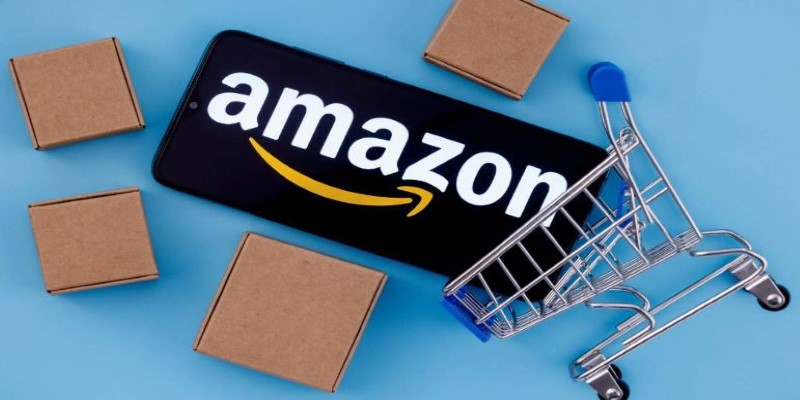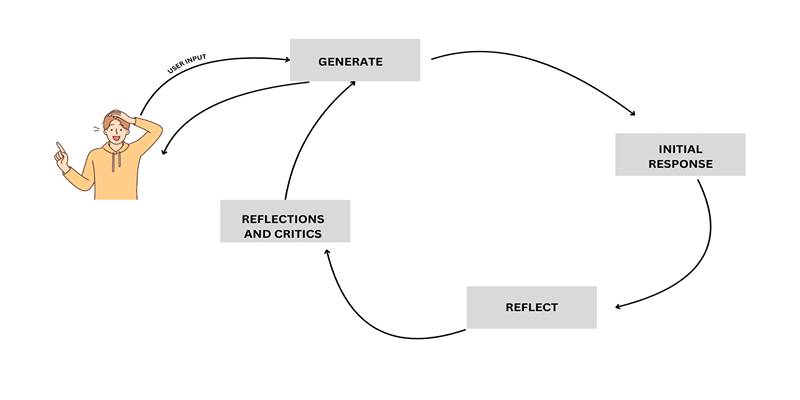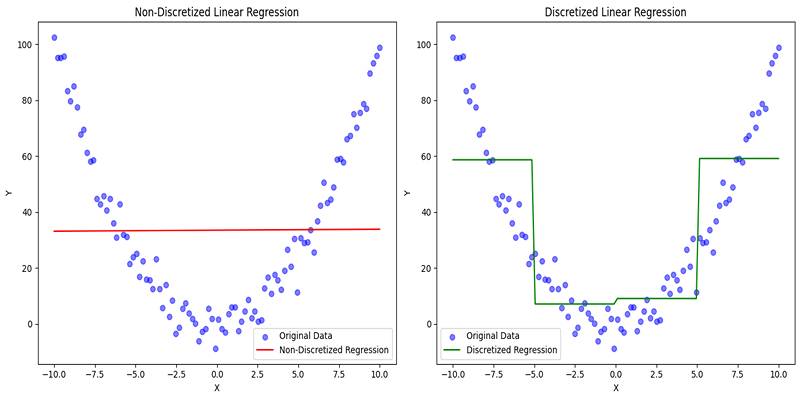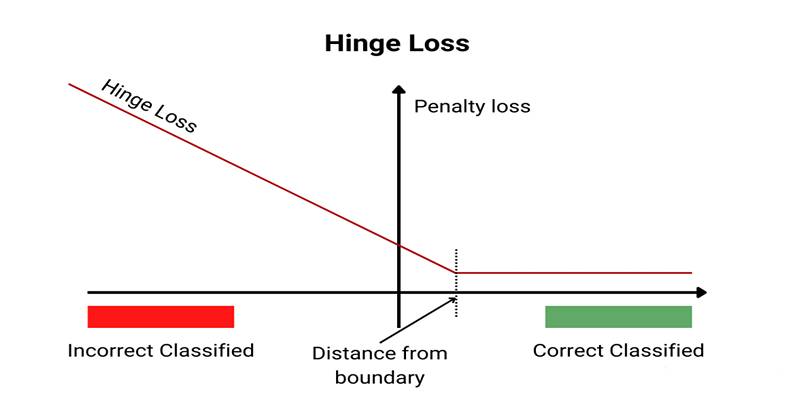Entering 2025, the landscape for Amazon sellers continues to evolve. What once worked—a straightforward product listing and a few ads—no longer guarantees success. Increasing competition, shifting customer expectations, and platform changes mean sellers need a more refined approach. But this isn't a reason to shy away from growth. Instead, it's an opportunity to sharpen your strategies, stabilize your operations, and build a lasting business.
With careful planning, a clear focus on quality, and a commitment to smart scaling, 2025 can be the year your Amazon business doesn't just survive—it thrives in a crowded, ever-changing marketplace.
Solidify the Foundation Before Scaling Up
One of the biggest traps new and even intermediate Amazon sellers fall into is rushing to scale before stabilizing the base. You can't scale your store properly without fixing what's shaky.
Inventory is often overlooked. Many sellers go out of stock and kill their momentum. If 2024 taught anything, it's that reliable logistics can make or break your Amazon business. So, step one is cleaning up your supply chain. Make sure your sourcing is airtight and that you can forecast demand better. Don't just guess—use your sales data and build from it.
Product listings also need a real audit. Look at your copy. Is it filled with empty buzzwords? Or is it clear and to the point, and can customer concerns be answered in plain English? Think like a buyer. Your titles, bullet points, and images shouldn't just exist—they should convert. If you haven’t A/B tested your listings recently, 2025 is the year to start.
Then comes pricing. Many sellers underprice trying to gain traction, but this often backfires by attracting low-value buyers or thinning their margins to the bone. Review your pricing strategy. Check what competitors are doing, yes, but more importantly, check your profit after fees, shipping, and ads. If the math isn't adding up, it's time to stop and rework it.
Before considering expanding your product line or increasing ad spend, these basics need to be locked in. Only a stable foundation can support growth.
Build a Smarter Advertising Strategy
Advertising on Amazon isn't what it used to be. Simple manual campaigns once delivered solid returns, but today's landscape is tougher. Automation helps, but it's not enough. With smarter competition and more selective shoppers, you need a strategy, not luck.

Start by reviewing your ad performance. Identify where you’re wasting money and which campaigns are delivering real profits—not just clicks or impressions. Focus on high-converting keywords instead of chasing popular ones. Profitability should always be the end goal.
Video is gaining traction fast. Amazon favors listings with video, and customers engage better when they can see the product in action. You don’t need flashy production—just clean visuals, a clear voiceover, and practical use cases.
Retargeting is often ignored. Most sellers focus on new traffic, but targeting past visitors, buyers, and cart abandoners can boost conversions significantly. These warm leads just need the right nudge to come back.
Don't overlook external traffic. Amazon rewards sellers who bring buyers from outside platforms. Build lean funnels from social media or Google Ads to drive targeted traffic to your listings, but ensure your product page can convert, or the traffic will be wasted.
Ads should amplify a solid foundation. Align your product, pricing, and listing first—then use ads to scale smartly, measure consistently, and pivot when needed. That’s the sustainable path to growth.
Expand Without Losing Focus
Scaling your Amazon business in 2025 doesn’t always mean launching more products. Sometimes, real growth comes from doubling down on what’s already working. If your current listings aren’t ranking well yet, adding more items could just spread your resources thin. Instead, focus on refining existing products—enhance your packaging, create bundles, or introduce useful variations. These changes often bring higher returns without the risk of a full product launch.
If your foundation is strong and sales are steady, thoughtful expansion makes sense. Use data tools like Helium 10 or Jungle Scout to find complementary products. Don't rely on instinct—understand what your customers buy next and develop items that naturally fit into their shopping journey.
Going international is tempting, especially when local markets feel crowded. But take your time. Start with one country, learn its requirements, and ease into the logistics. Moving too fast globally often leads to burnout and supply chain issues.
Lastly, don’t ignore your storefront and branding. A well-crafted brand creates loyalty and separates you from copycats. Tell your story, polish your design, and give customers a reason to trust you. Growth isn’t about doing more—it's about doing better with intention and long-term vision.
Prepare for the Long Game
In 2025, Amazon's success won't come from quick tricks—it'll come from consistent, thoughtful systems. The sellers who thrive are the ones who keep their operations steady even when things get rough.

Focus on automating repetitive tasks like inventory alerts and review requests, but leave room for human interaction. Responding to customer feedback, refining your branding, and maintaining quality relationships still matter.
Make it a habit to review all your numbers—revenue, profit margins, refund rates, and customer satisfaction—every month. Don’t let these metrics catch you off guard. Stay updated on Amazon’s policy changes, follow seller forums, and be ready to adapt quickly when rules shift.
Finally, understand that challenges like flagged listings or unexpected returns happen to everyone. What sets long-term sellers apart is their patience and adaptability. Your Amazon business is a system—refine it, nurture it, and over time, it will continue to grow sustainably.
Conclusion
In 2025, thriving on Amazon isn't about chasing every new trend—it's about perfecting the basics, optimizing listings, and maintaining a consistent approach to growth. By focusing on stable inventory, smarter advertising, strategic product expansion, and keeping a sharp eye on performance metrics, you can position your Amazon business for long-term success. Patience, careful planning, and adaptability are your strongest allies. This year, commit to steady progress, and you'll find your business not just surviving but thriving in the competitive Amazon marketplace.











